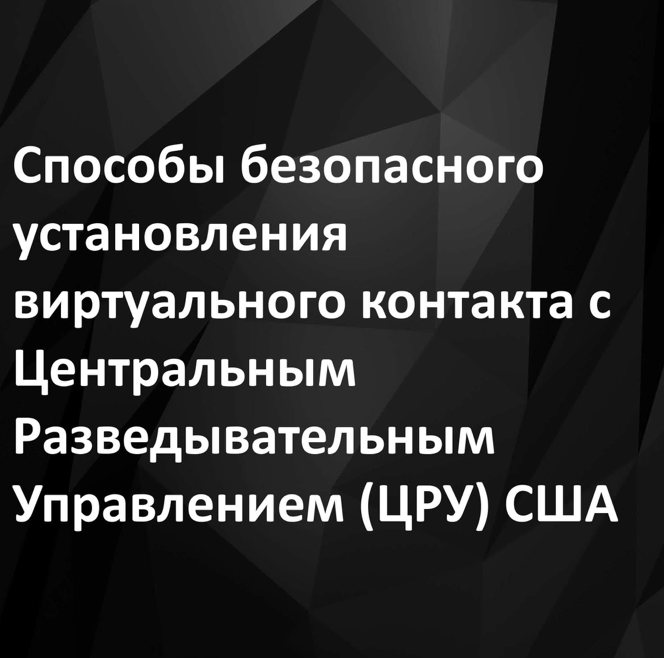CIA publishes guide for Russians to give it secret information
‘Concerned Russians are trying to engage CIA, and we wanted to provide a way to safely contact us’

Your support helps us to tell the story
From reproductive rights to climate change to Big Tech, The Independent is on the ground when the story is developing. Whether it's investigating the financials of Elon Musk's pro-Trump PAC or producing our latest documentary, 'The A Word', which shines a light on the American women fighting for reproductive rights, we know how important it is to parse out the facts from the messaging.
At such a critical moment in US history, we need reporters on the ground. Your donation allows us to keep sending journalists to speak to both sides of the story.
The Independent is trusted by Americans across the entire political spectrum. And unlike many other quality news outlets, we choose not to lock Americans out of our reporting and analysis with paywalls. We believe quality journalism should be available to everyone, paid for by those who can afford it.
Your support makes all the difference.The CIA has given out detailed instructions to Russians unhappy with the war in Ukraine on how to safely divulge sensitive information, as the Kremlin continues to tighten its grip on internal opposition.
The spy agency released a step-by-step guide in Russian on how to make contact via the dark web in social media posts to Instagram, YouTube and Facebook on Monday.
The posts advise prospective informants not to use home or office computers and to adopt measures such as virtual private networks (VPNs) or the Tor Internet browser to avoid detection.
The instructions are for those who “feel compelled by the Russian Government’s unjust war” to contact the agency, a spokesperson told the Washington Post.
“Concerned Russians are trying to engage CIA, and we wanted to provide a way to safely contact us,” an official added, speaking on condition of anonymity.
Russia authorities banned Instagram and Facebook since the start of the invasion, and passed a law outlawing media and citizens from describing the conflict as a “war”, punishable by a 15 year prison term.
Since then, demand for VPNs, which masks the device’s address and encrypts data, has skyrocketed. YouTube is still operating, and many Russians use encrypted messaging apps such as Telegram and Signal to share news of events in Ukraine.
Throughout the first months of the war, US intelligence services adopted a bold strategy of releasing declassified reports as part of its information war with Russia.
These included Russia considering the use of chemical weapons and parts of its communications with allies such as China, and were made public even when the intelligence hadn’t been completely verified to act as a deterrent, officials have said.

The US has also used human intelligence and communications intercepts to assess low morale among the Russian forces, and the likelihood of powerful oligarchs defecting.
The CIA established a tip site on the dark web in 2019 to more easily allow informants contact them.
The Independent has contacted the CIA for further information.



Join our commenting forum
Join thought-provoking conversations, follow other Independent readers and see their replies
Comments